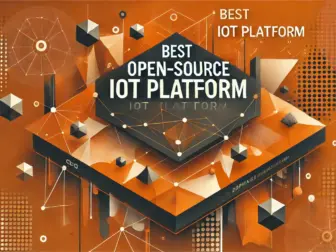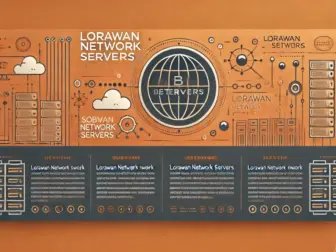Tag - Open-source IoT Platform
Blog , June 26, 2024 , IoT Platform, Open-source IoT Platform, ThingsBoard
Exploring the Benefits of Open-source IoT Platform
Open-source IoT platforms have gained significant popularity in recent years due to their flexibility, cost-effectiveness, and community support. These platforms provide a framework for connecting and managing IoT devices, collecting and analyzing data, and developing applications for various industries and use cases.
One of the key advantages of using open-source IoT platforms is the ability to customize and tailor the platform to meet specific requirements. This level of flexibility allows organizations to build solutions that are unique to their needs, without being limited by the features and functionalities of proprietary platforms. Additionally, open-source platforms typically have a lower barrier to entry, making it easier for developers to experiment and innovate with IoT technology.
Cost-effectiveness is another important factor driving the adoption of open-source IoT platforms. By leveraging open-source software, organizations can significantly reduce their upfront and ongoing costs associated with IoT deployment. Many open-source platforms are available for free or at a low cost, eliminating the need for expensive licensing fees. Furthermore, the open-source community often provides support and resources, reducing the need for costly vendor support contracts.
Community support is a major benefit of open-source IoT platforms, as developers and users can collaborate and share knowledge to improve the platform. This collective effort results in regular updates, bug fixes, and new features being added to the platform, ensuring its continued relevance and functionality. The vibrant community around open-source IoT platforms also provides access to a wealth of documentation, tutorials, and forums, making it easier for developers to troubleshoot issues and learn from others’ experiences.
Security is a critical concern in the IoT space, and open-source platforms offer transparency and control over the security of the system. With access to the source code, organizations can audit the platform for vulnerabilities and implement security measures tailored to their specific needs. Additionally, the active community around open-source platforms often collaborates to identify and address security issues quickly, reducing the risk of data breaches and cyber attacks.
In conclusion, open-source IoT platforms offer a range of benefits that make them an attractive choice for organizations looking to deploy IoT solutions. From customization and cost-effectiveness to community support and security, open-source platforms provide a solid foundation for developing and scaling IoT applications. By leveraging the advantages of open-source technology, organizations can innovate and create value in the rapidly evolving IoT landscape.


